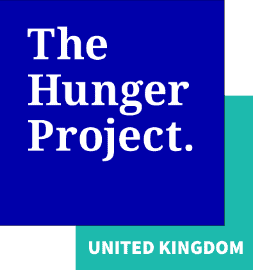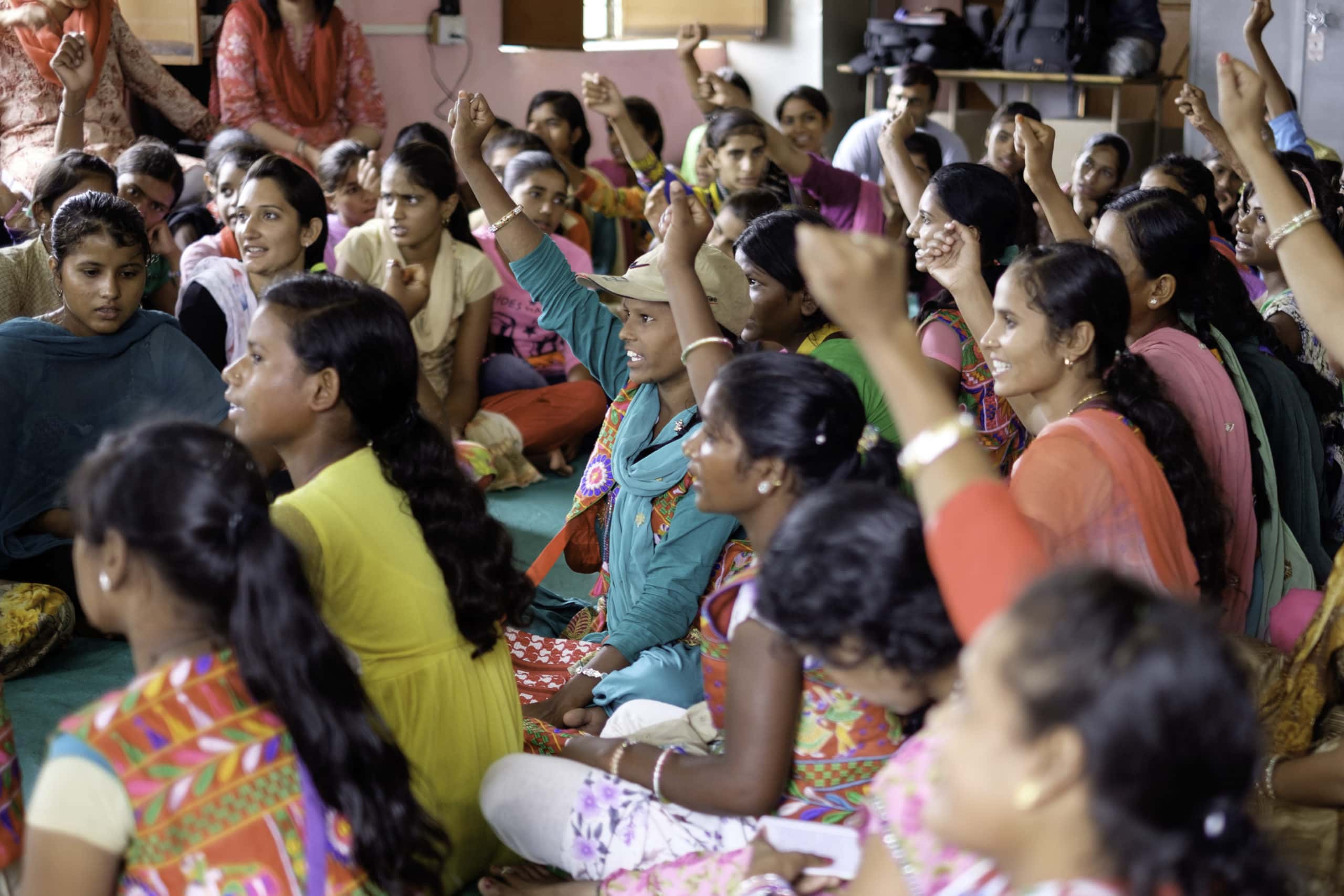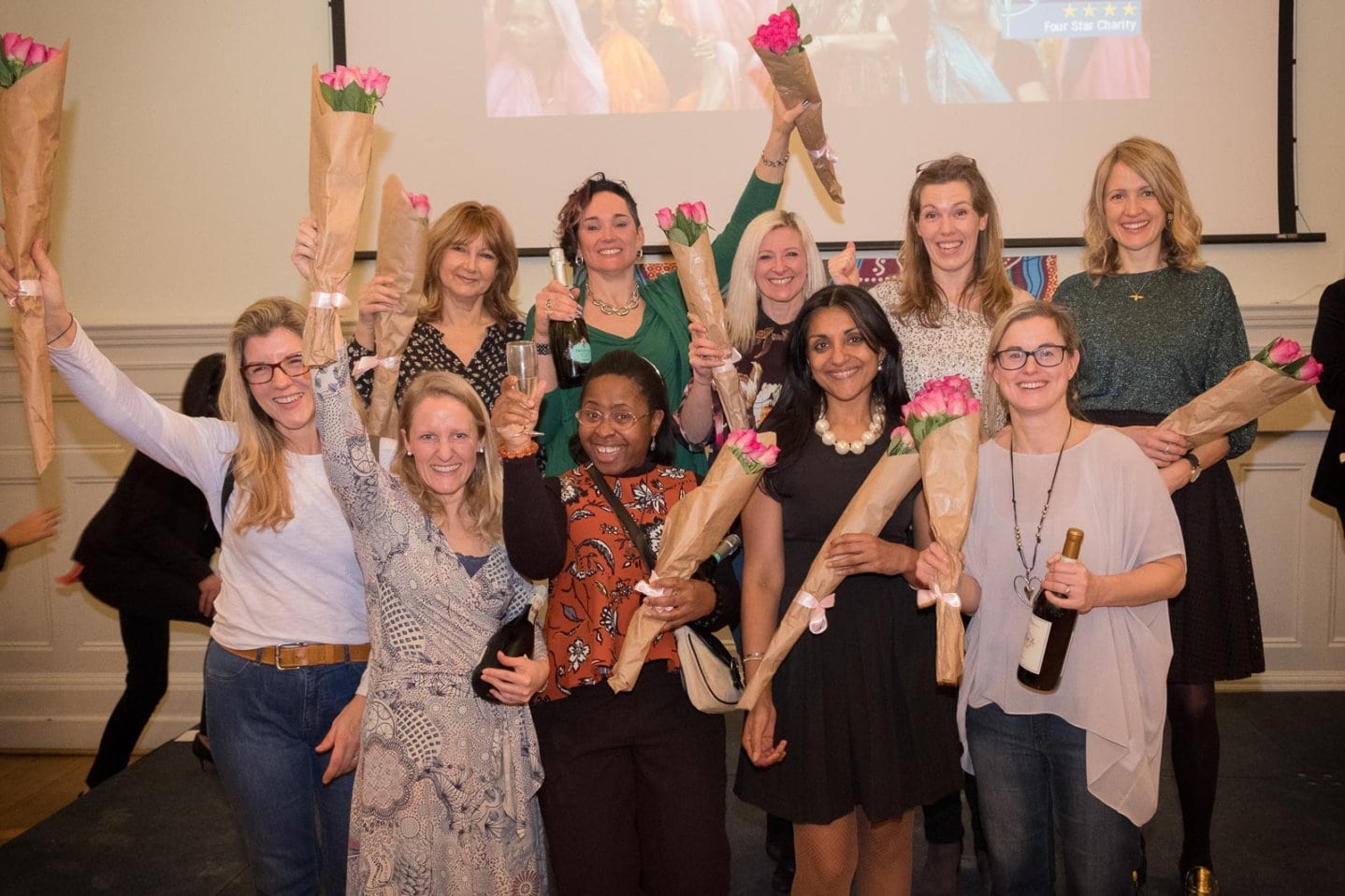International Day of Awareness of Food Loss and Waste 2022
Thursday 29th September marks the International Day of Food Loss and Waste. This day aims to call attention to the high levels of food waste across the world and demand effective solutions.
Reducing food waste is increasingly important in a world where the number of people living in hunger continues to grow. 828 million people are chronically undernourished yet we dispose of tons and tons of edible food each day. In fact, a staggering 18% of global food is wasted each day at a retail and consumer level. This is simply too much food to be wasting when many people go hungry every day.
The UN is calling for immediate action from both public and private bodies to address this global food disparity. Measures are needed now to minimise global food waste; maximise the use of produced food and apply circular practices to food production. In this way, not only could food be used to feed those who need it but the climate would also benefit from reduced emissions and a more efficient use of resources.
This year’s International Day of Food Loss and Waste comes at a crucial point as the world navigates the increased strain on our food system as a result of geopolitical and climatic events. The conflict in Ukraine, ongoing setbacks caused by the COVID-19 pandemic and the effects of climate change have all contributed to the current food crisis. The lack of food security and disruptions to supply chains will affect people across the world.
Furthermore, research shows that this food crisis will further exacerbate gender inequality and will have a greater impact on women than men. This is especially true in developing countries where women traditionally eat last and least, sometimes even denying themselves a meal to ensure their children are fed.
What We Do:
At The Hunger Project, we partner with communities in Africa, South Asia and Latin America to promote sustainable farming practices and encourage villages to manage their own food banks and develop self-reliant and hunger-free communities. We believe that the only way to end world hunger and vulnerability to an ever-changing food system is to employ sustainable food practices and self reliance.
The Hunger Project provides the tools and training to increase farm production in our partner communities and help our partners to create and manage their own food banks. This support helps to reduce seasonal food waste and allows communities to become self-reliant on their local harvest.
People like Sabistone, a goat farmer from Malawi. Sabistone participated in The Hunger Project’s Goats pass-on program. The Goats pass-on program helps people to earn an income through goat breeding. In each Epicenter, people are given 2 goats from The Hunger Project, with the expectation that they in turn will also pass on 2 goats to others in the community and coach them. After a few years, Sabistone’s herd had grown to as many as 76 goats (worth over £3,700). He now has enough meat for his family and supplements his income by selling goats. What’s more, thanks to the goat manure, he does not have to buy expensive fertilizer for his land.

By 2021, 620 households had participated in the Goats pass-on program (3,100 goats in total). Through the program, these households managed to improve both their food security and income. Goats multiply rapidly (often having twins), so the effect is felt in a relatively short period of time. Households can use the manure for their land or sell the goats in times of need (to use the money earned to buy food, farm equipment or seeds, or pay school fees).
What You Can Do:
-
Share the message using #FLWDay.
-
Invest now to help more communities develop sustainable farming practices and become self-reliant.
- Visit the Motatos x Mob Kitchen food truck at Box Park Shoreditch, London on 29th September. Motatos is a partner of The Hunger Project Sweden.
-
Download the Too Good to Go App to save leftover food from your favourite cafes and restaurants.
-
Join the global virtual event with the UN.




